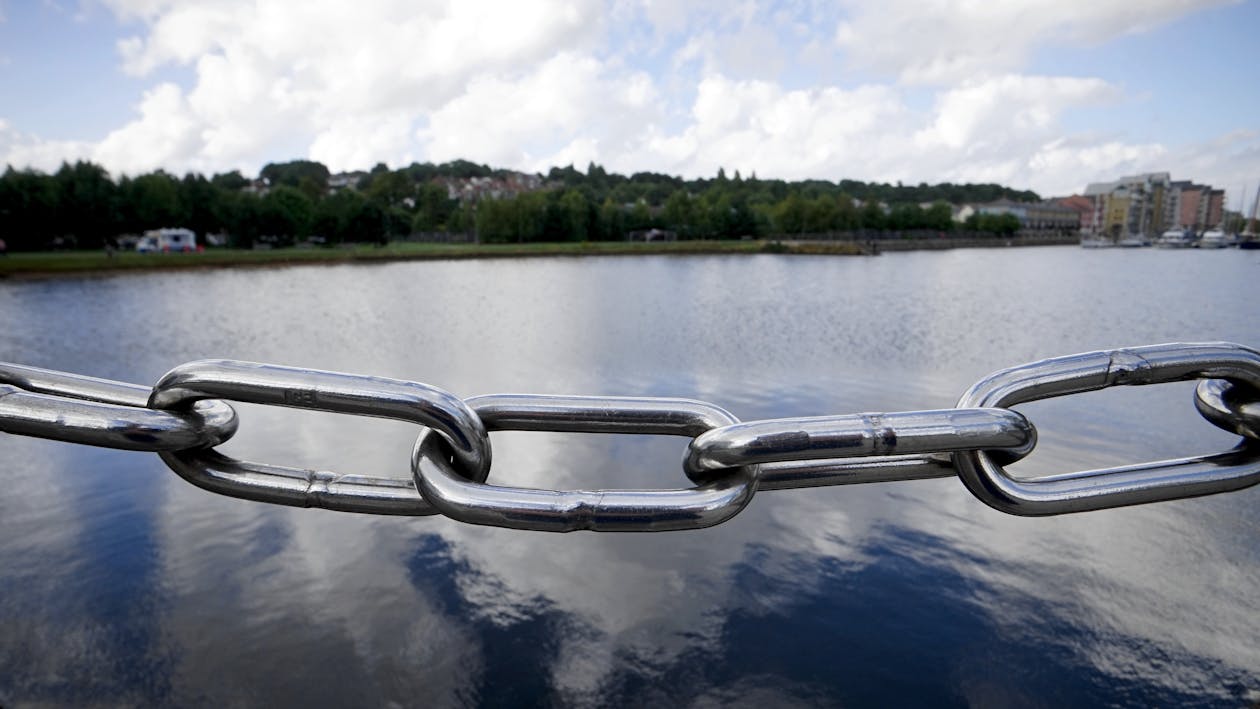What Is Anchor Text?
Anchor text is the clickable words that you see within a link. For the best results, this text should clearly describe the page you're linking to instead of just saying "click here." Traditionally, anchor text is blue and underlined, but this can be customized. The words you choose for your anchor text help search engines understand what the linked page is about, which can influence your website's rankings.
Bad Example: "For more baking ideas, click here."
- Anchor Text: "click here."
- Why it's bad: It's generic and doesn't tell the user or search engines what to expect.
Good Example: "If you're looking for more baking inspiration, check out these delicious and easy cookie recipes."
- Anchor Text: "delicious and easy cookie recipes"
- Why it's good: It's descriptive and includes relevant keywords.

Different Types Of Anchor Text
Exact Match
An exact match anchor text uses the precise keyword or phrase that you want the linked page to rank for. For example, if your target keyword is "best coffee shops in Toronto," your anchor text would also be "best coffee shops in Toronto."
Partial Match
Partial match anchor text includes your target keyword along with additional words or variations. This provides more context and flexibility, making it sound natural within your content.
Example:
- Target Keyword: Toronto real estate
- Partial Match Example: "Understanding the Toronto real estate market"
- Another Example: "Tips for buying a home in Toronto"
Branded
The anchor text uses the brand name (e.g., "Learn more on the Overpowered blog").
Generic
The anchor text is a non-specific phrase (e.g., "click here"). Avoid this and make your links informative. Instead of "click here", give a clear preview of what users will find on the linked page.
Naked URL
A naked URL anchor text is when the visible, clickable part of the link is the raw web address itself. Instead of saying "visit our website" with a link, the anchor text would simply be: https://www.example.com. Naked URLs can appear long and messy, making them less visually appealing and harder for users to understand the link's destination.

How to Improve & Optimize Your Anchor Text for SEO
Relevance is Key
When choosing anchor text, think of it as a tiny preview of the page you're linking to. Make it clear and descriptive, guiding users on what to expect when they click. This not only makes for a better user experience but also helps search engines. Search engines analyze your anchor text to understand the linked page's topic. Using relevant and accurate anchor text signals to search engines that you're prioritizing quality content and providing a helpful experience for your visitors. For example, instead of a vague "click here" link leading to an article about coffee roasting techniques, use descriptive anchor text like "learn coffee roasting techniques" or "guide to roasting your own coffee beans."
Target Keywords Naturally
While it's smart to include relevant keywords in your anchor text, the key is to do it in a way that feels natural. Your first priority should always be making your content readable for your users. Luckily, there's flexibility! Using variations of your keywords (like "Toronto real estate trends" vs. "understanding the Toronto housing market') helps you incorporate them organically. Avoid stuffing too many exact-match keywords into your text, as search engines may penalize this as an attempt to manipulate rankings. Getting penalized is a big NO.
Diversity Matters
Don't get stuck using the same type of anchor text over and over. A diverse mix looks more natural to search engines and improves the overall health of your website's link profile. While keywords in your anchor text are valuable, it's equally important to include links with your brand name (like "Overpowered case studies") and even the occasional generic phrase (like "learn more about..."). This balance creates a well-rounded linking strategy that both search engines and users will appreciate.
Internal Linking
Internal linking – the practice of connecting pages within your own website – is like giving your website a superpower. Imagine it as creating paths and signposts for both your visitors and search engines. By linking to related content, you make it easier for users to discover more of your valuable pages and stay engaged with your site. Plus internal links give search engine crawlers (the bots that analyze your site) a clear map to follow. This ensures all your important content gets discovered and indexed, maximizing your chances of appearing in relevant search results. Strategically linking content on similar topics demonstrates to search engines that you have in-depth expertise on those subjects, boosting your website's authority.
Build Trust
Don't play tricks on your audience! Your anchor text should always be an honest reflection of the page you're linking to. Think of it as setting expectations – if your link promises a "Free Website Audit," readers should be taken to a page offering that exact service, not a page trying to sell them unrelated products. Misleading anchor text creates a frustrating user experience and can harm your website's credibility. Search engines are also wise to deceptive tactics and these practices could lead to penalties. Always prioritize transparency by providing genuine value to your readers.
